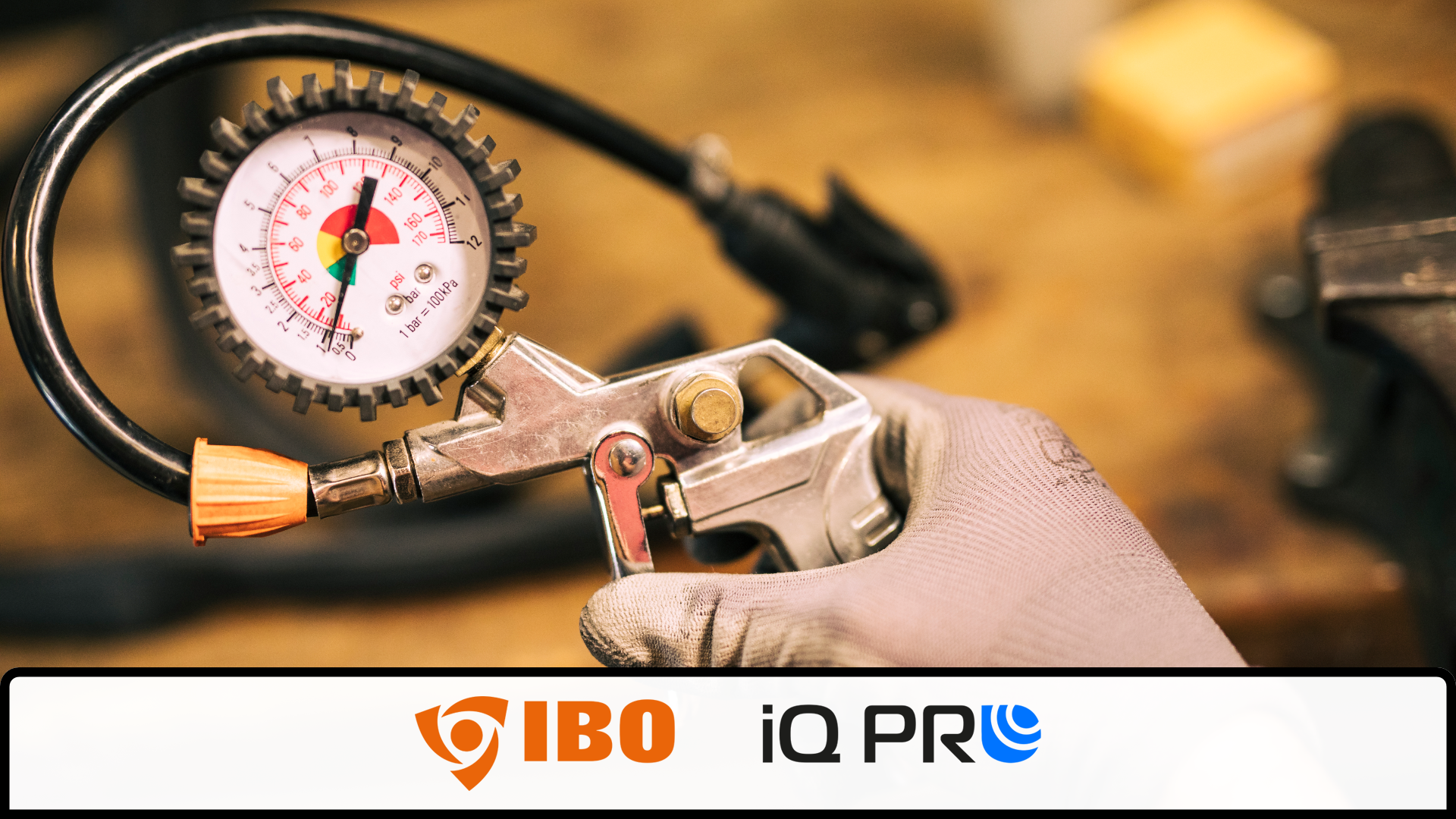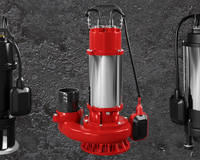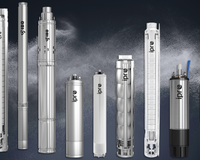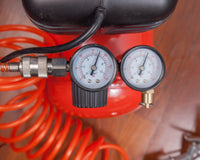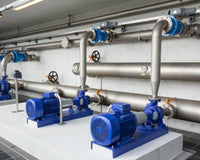Dambat, as a manufacturer of pumps and hydraulic systems under the following brands IBO, IBO Italy i IPRO, does not sell air compressors. Instead, we specialize in equipment designed to transport liquids, including submersible, hydrophore and circulation pumps. For those interested in compressors, we have prepared the following study explaining the principles of operation compressor, its types and differences between air and hydraulic pressure.
What is a compressor?
Compressor (i.e air compressor) is a device that sucks air from the environment, compresses it to a higher pressure, and then stores it in a tank. In practice, it is used to power pneumatic tools, pumping, painting and cleaning.
Depending on capacity and application, we distinguish:
- 12V compressor – small, mobile, often used in cars,
- compressor 24l i compressor 50l – for home workshops,
- compressor 100l i compressor 150l – semi-professional,
- compressor 200l i 300l compressor – for industry and large plants,
- two-piston compressor – equipped with two pistons, faster and more efficient,
- oil compressor – quieter, longer life, requiring maintenance,
- screw compressor – used industrially, works continuously and stably.
Definition compressor compressor or compressor compressor is used interchangeably - it means the same device.
How does an air compressor work?
The compressor works by reducing the air volume while increasing its pressure. This process is carried out using a piston (in piston compressors) or screws (in screw compressors).
Once the air is compressed, it goes to a tank, from where it can be dispensed through valves to power pneumatic tools. Typical air compressor reaches a pressure of 6 to 10 bar, although industrial models such as compressor 200l or 300l compressor, they can work at higher pressure.
Pressure in the compressor and pressure in the hydraulic system – differences
Although both compressed air and liquid transfer energy in pressurized systems, there are important differences between them:
- Air it is compressible - its volume changes with pressure. As the depth increases (e.g. in a tank), the pressure increases slowly.
- Water and other liquids they are practically incompressible - the pressure increases very quickly with depth or pressure.
- Example: at a depth of 10 meters, the pressure in the water is about twice as high as on the surface, while in the atmosphere you have to rise several kilometers for the pressure to drop by half.
For this reason air compressors and hydraulic systems are designed completely differently. In hydraulic pumps, it is crucial to ensure high resistance to static pressure, and in compressors - the safety of pressure vessels and valve systems.
Frequently asked questions (FAQ)
Does Dambat offer air compressors?
NO. Dambat does not offer air compressors. The company specializes in the production of water pumps and hydraulic accessories.
What is the difference between a 50l compressor and a 100l compressor?
The main difference is the tank capacity – compressor 100l can work longer without interruption and is suitable for more demanding tasks than compressor 50l, which works well in lighter home applications.
What pressure does the compressor achieve?
Typical air compressor reaches a pressure of 6–10 bar. Industrial models such as compressor 150l or 300l compressor, can operate at higher pressure, depending on the type of construction.
What is a two-piston compressor?
Two-piston compressor is a model with two pistons, which increases its efficiency and air compression speed. Used in workshops and with intensive use.
The above text is for informational purposes only. Dambat does not sell compressors or compressors. Trademarks and technical data are the property of their respective owners.

